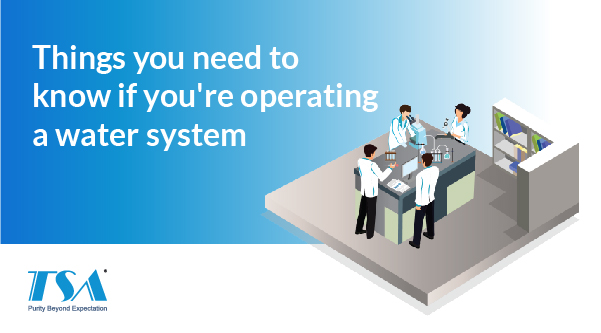Water treatment is an intricate process that involves the purification of water. Most of the high purity water systems aim at making water safe for specific end uses. These may include drinking, industrial use or even water recreation.
A water system operator often manages a system of machines through the use of PLC based Control Panels. There are certain technical aspects a water system operator must take care to ensure the optimum level of purification. They include:
1. An operator must inspect equipment on a regular basis
2. Monitor the efficient working of instruments
3. Collect and test water samples and log the test results
4. Making sure the safety measures are adhered to
5. Record gauge reading and appropriate data
6. Maintenance of tanks, filters and other crucial parts of the equipment
It takes considerable effort to convert the wastewater from the sewers to a form that is safe for the environment. The operator is aware of his duties and his importance during a water treatment project. A well-trained water operator will be well versed on how to handle emergency situations with ease and calm.
For example, after a heavy storm and rain, the water content in the sewers increases and exceeds the plant’s capacity. Other emergencies may also occur due to a faulty element within the equipment such as chemical leaks or even oxygen deficiencies. A well-trained operator must have hands-on emergency management experience and employ safety measurements to protect themselves and the people around them. An untrained operator puts the people’s lives at risk. It will, in turn, cause a major loss for the plant.
All water system manufacturers have a reputation to uphold. Training the water system operator is a part of it. When an operator is trained well, the industry provides efficient ROI and quality service. As a manufacturer, creating emphasis on the safety and quality of the equipment is a given. Apart from that, they must employ highly qualified officials to train the operators to conduct safety inspections of the plant, perform efficiency tests and monitor hazardous environments.
Certain personality traits can ease the process of training and ensure a higher success rate at the job. A manufacturer must include training on how to operate facilities ‘specific equipment’, educate them about various water quality standards and how to handle any emergency situations.
At TSA, we follow a unique approach to employing pharmaceutical water systems in a detailed format which begins with first the customer’s requirements and analyzing the deliverables. After which, various variables like quality of the source water, water mass balance and the operating cost of the water are studied. A team of professionals then design and produce the proposal backed up with detailed documentation. Once the client confirms, the plant is then transferred to the site. TSA has introduced the concept of AMC or an Annual Maintenance Contract employed to maintain the plant in an optimal condition and ensure maximum throughput. A few benefits of entering into this contract include regular servicing of the plant, access to all software updates, reduced rates, etc.





